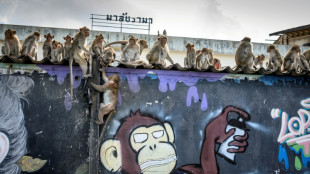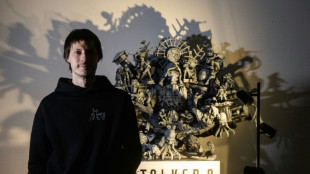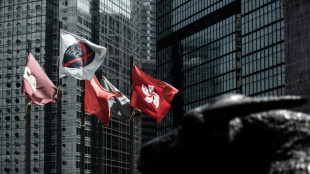

Rampaging gangs in Haiti use rape to instill fear: UN
Competing criminal gangs have turned to sexual assault as a way to terrorize Haitians and consolidate territorial control, a UN report said on Friday.
More than a half dozen armed gangs wage turf wars in Haiti, but battles in the capital Port-au-Prince are particularly intense, making crosstown journeys risky and leaving hospitals barely functioning.
"Gangs use sexual violence to instill fear, and alarmingly the number of cases increases by the day," said Nada Al-Nashif, the acting UN high commissioner for human rights.
The UN report said collective gang rapes have occurred of children as young as 10 and elderly women, often before aghast family members. It said men, women, girls and boys had all suffered the sexual assaults.
The armed gangs use rapes to "punish, subjugate, and inflict pain" on the citizens and as a coercive tool to force cooperation, it said.
In the past year, "gang violence has spiraled out of control" in Haiti's cities, the report said, noting that 60 percent of Port-au-Prince may now be under gang territory, accounting for at least 1.5 million people.
The report, issued jointly by the UN office in Haiti and the UN High Commissioner for Human Rights, said some victims are kidnapped and subjected to assault "over the course of several days or weeks."
The motives for the assaults can be multiple, it said. Attacks are used to punish Haitians for living in or traversing areas under the control of rival gangs or to press the victims' families to pay a ransom.
Sometimes the assaults are recorded and videos sent to families to pressure them to pay up, it said.
In a spasm of violence in just a single week in July, rival armed gangs sexually assaulted 52 women and girls in the capital district of Cite Soleil as they fought for control, the report said.
In one case, a 25-year-old pregnant woman, Rose, was beaten and raped by three heavily armed masked men in the presence of her children, it said.
Nearly all such sexual assaults go unpunished, the report added, partly due to rampant insecurity.
Gang violence fell in Haiti from 2004 to 2017, when UN peacekeepers were in the country, but has risen since.
Gangs battle each other and oppress the populace with increasingly sophisticated weapons, including military grade sniper rifles, belt machine guns and semi-automatic pistols, the report said.
It called on UN bodies, civil society groups and others to help Haiti bolster its police, health care and judicial systems to fight impunity.
Without action, it added, the wave of rapes "risks further shattering the already deeply fragile social fabric... and may undermine prospects of... lasting stability."
G.Murray--MP



